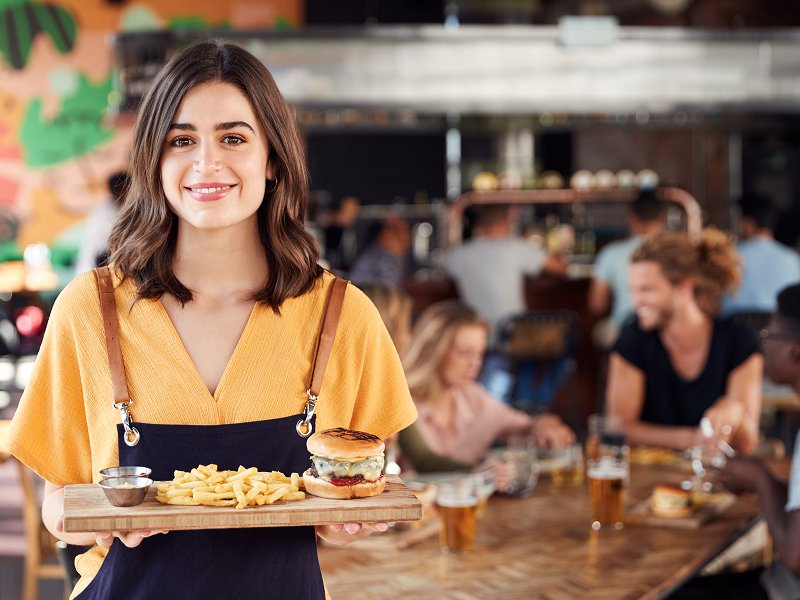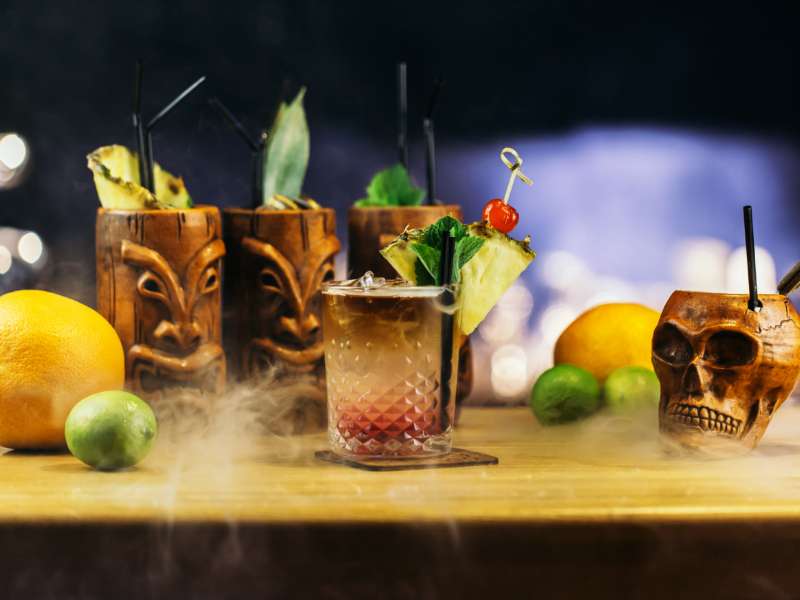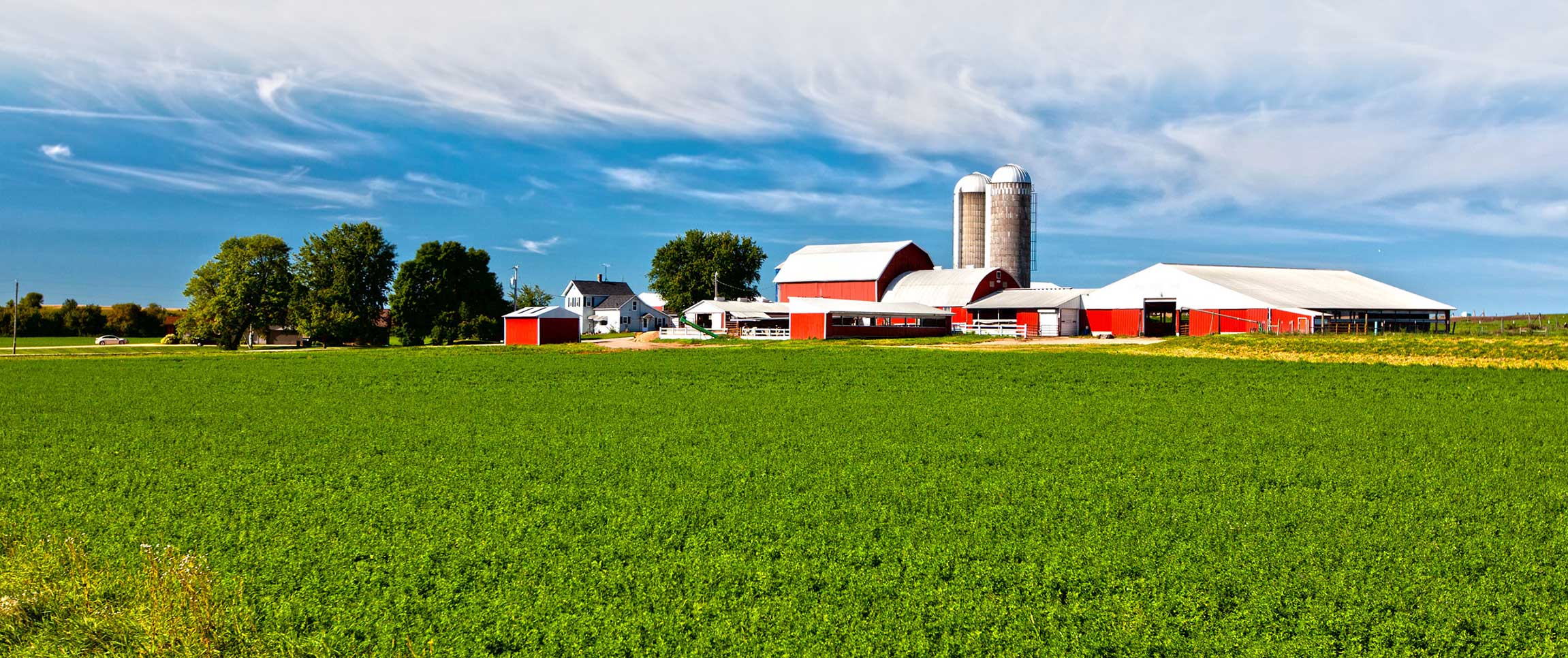In an uncertain world, sustainability is a reassuring benefit to operators and consumers alike
After the unimaginable year restaurant operators and the dining public has had, typical New Year’s resolutions may not be such a priority in 2021. Who wants to limit carbs, drink less, or try to abstain from other pleasures that they will inevitably lean on to get themselves through the rest of the pandemic? It is, however, a perfect opportunity to make a new commitment to the greater good of the planet, and sustainability in menu items is a great place for chefs to initiate renewed focus this year.
According to Lonnie Varisco, Performance Foodservice’s corporate chef and business development manager, the brands the company represents are rooted in accountability. “Sustainability is of immediate relevance,” he says, “We are able to control and set standards of the journey that the food takes, setting forth what the diet of the animal is, how that animal should be humanely handled, and how it is transported to the processing facility.”
This exclusive process, known as PathProven for Performance Foodservice’s Braveheart Angus Beef, reassures a standard of quality and taste for cuts of beef including round knuckles, short ribs, strip loins, top butts, tri-tips, and skirt steaks. The system also introduced DNA TraceBack, the first of its kind in the United States, which establishes a traceable link between each animal and the final product. Outside auditors ensure everything is in continued adherence.
Sustainability is also the guiding principle behind the seafood brands that Performance Foodservice develops, committing to reputable sourcing and meeting the needs of valued customers though social responsibility, traceability, and food safety. Bay Winds, Empire’s Treasure and Fresh Catch offer items to fit every menu, from finfish like mahi mahi, salmon, and rainbow trout to more upscale shellfish delicacies including lump crab, sea scallops, lobster, and even oysters on the half shell. To further assist operators, specific logo designations indicate which items are wild caught, farm-raised and species verified— again utilizing DNA testing to validate against commonly mislabeled varieties.
“Our category managers make sure that when we are buying seafood, if it is a farm-raised situation, they are committing that the control is there, that we're providing seafood harvested properly that is conscious of the environment in which is it is in,” explains Varisco. “The same thing with wild-farmed product. Our control factor is we can only make sure that we're in relationships with vendors and manufacturers of the highest quality level that meet our standards and in turn, afford the sustainability of the product.”
Besides employing industry-leading protocols that are obviously healthy and conscious of the environment—always a chief priority—embracing sustainability also benefits a restaurant’s bottom line. “When that box arrives with our logo on it to any operator’s loading dock, we've done all the work to guarantee they've got the best quality possible,” concludes Varisco, “The eating experience and the excitement of their customer is going to keep them coming back, talking about what a great meal they had and hopefully, bringing some new customers in on their next visit.”



